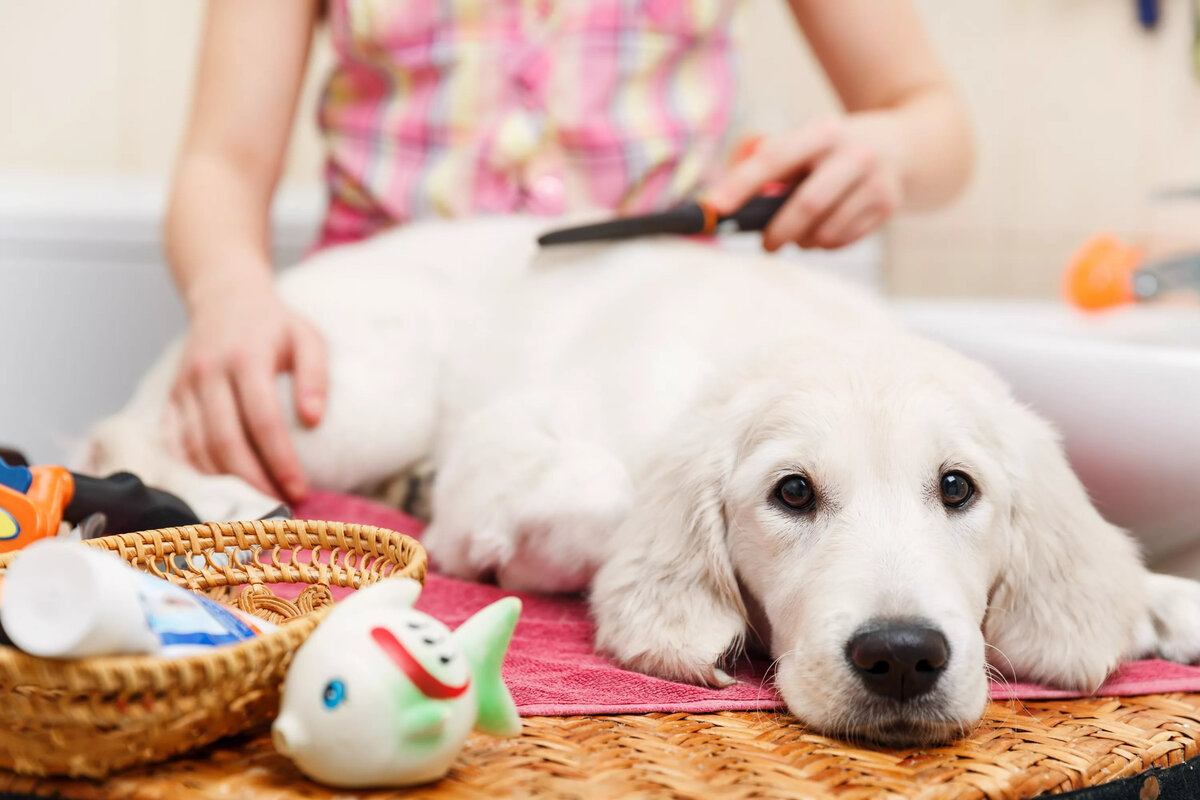
Basic dog grooming tips for a healthy coat
Proper grooming plays a vital role in maintaining your dog's overall health, especially when it comes to his coat. A well-groomed dog not only looks good, but also feels comfortable and is less susceptible to skin diseases. Here are basic grooming tips to help keep your dog's coat healthy and shiny:
1. Regular Brushing: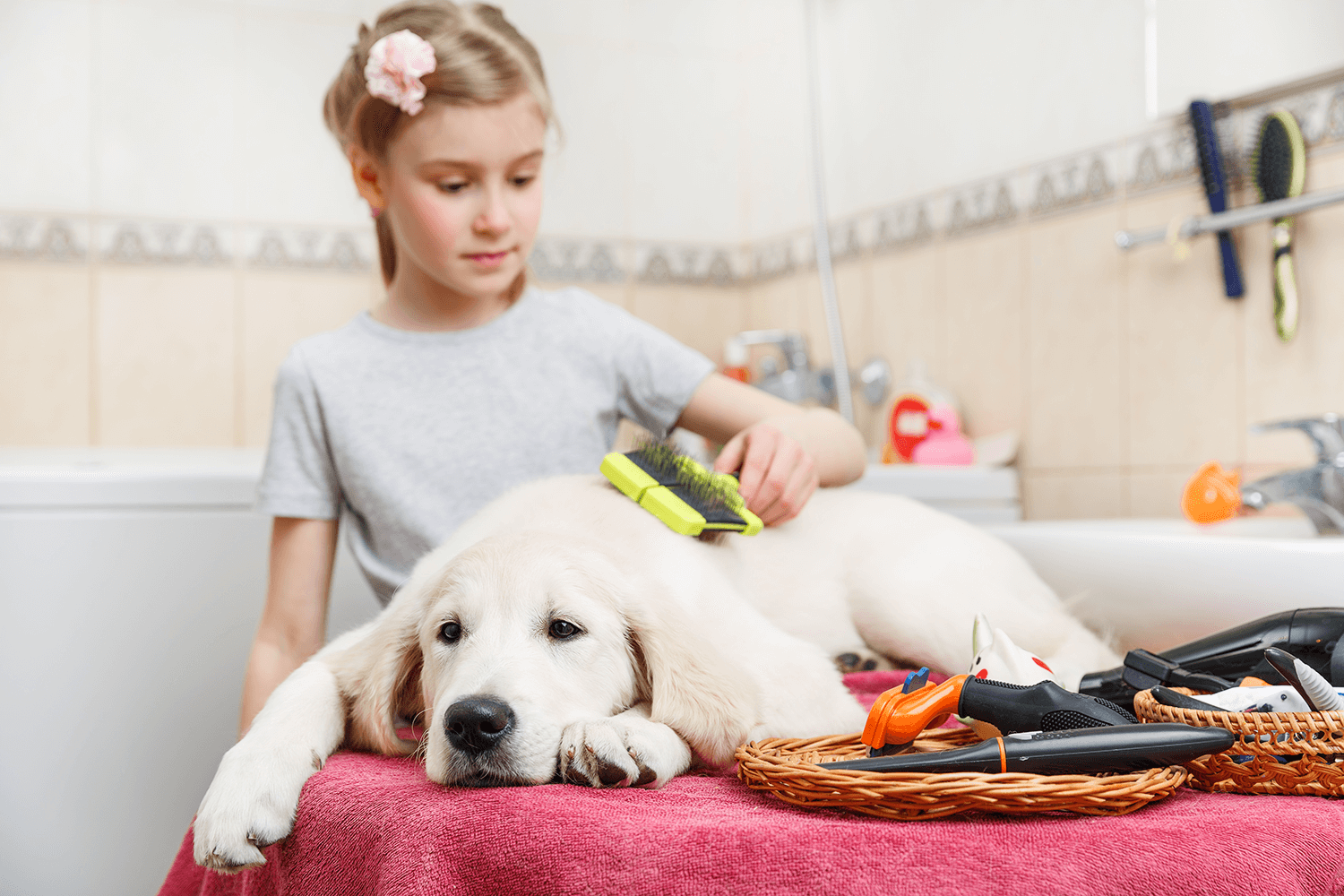
-
Frequency: Brush your dog's coat regularly, ideally several times a week or more often for long-haired breeds. This helps prevent tangles, removes loose hair, and distributes natural oils for a healthier coat.
-
Brush Selection: Use brushes that suit your dog's coat type—sprinkler brushes for long, silky fur, bristle brushes for shorter coats, and deshedders for double-coated breeds.
2. Swimming tips:
-
Frequency: Bathe your dog as needed, usually every 4-6 weeks, unless he gets dirty or has skin conditions that require more frequent baths.
-
Use a dog shampoo: Choose a gentle dog shampoo that suits your dog's skin type (eg, hypoallergenic for sensitive skin, oatmeal for soothing).
-
Correct application technique: Wet your dog thoroughly, apply shampoo, lather lightly and rinse thoroughly so that no residue remains. Pay attention to sensitive areas such as ears and paws.
3. Ear Care: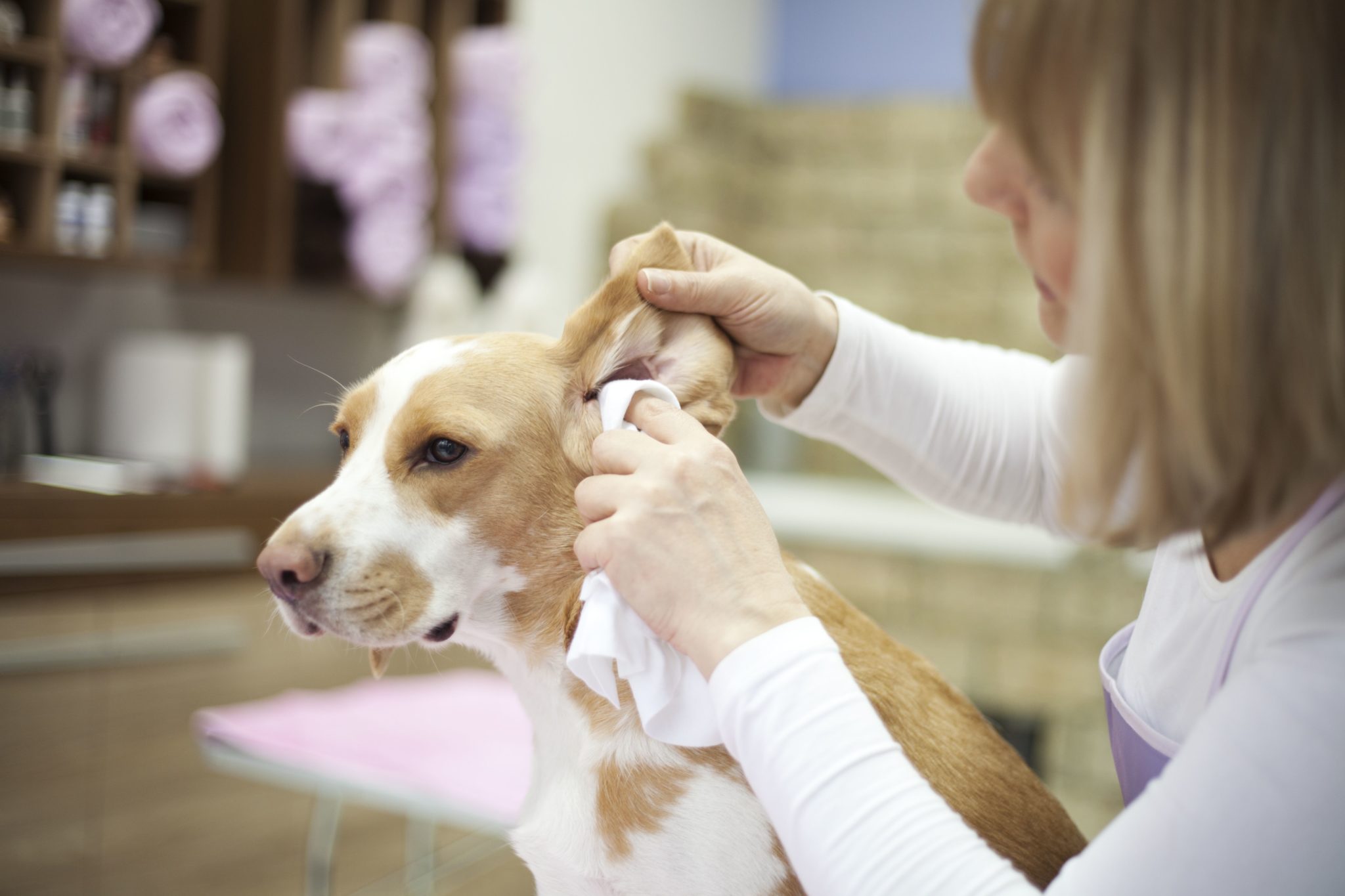
-
Cleanliness: Check your dog's ears regularly for signs of infection, redness, or excess wax. Clean ears with a veterinarian-recommended ear cleaning solution and cotton balls, avoiding deep insertion into the ear canal.
4. Nail trimming: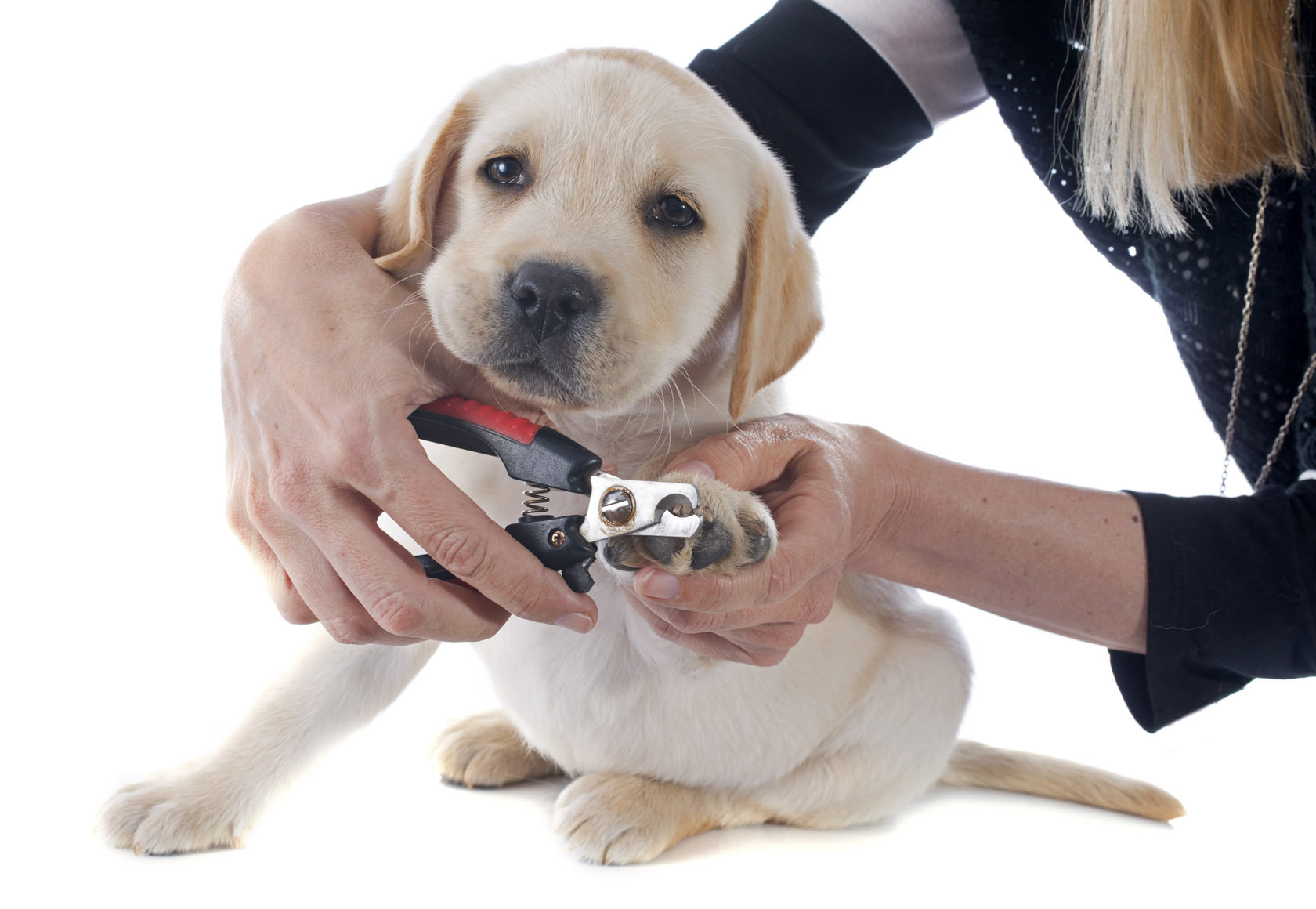
-
Frequency: Trim your dog's nails every 1-2 months or as needed to prevent overgrowth and discomfort. Use special nail clippers and be careful not to cut the skin (the blood vessel and nerve inside the nail).
5. Oral hygiene:
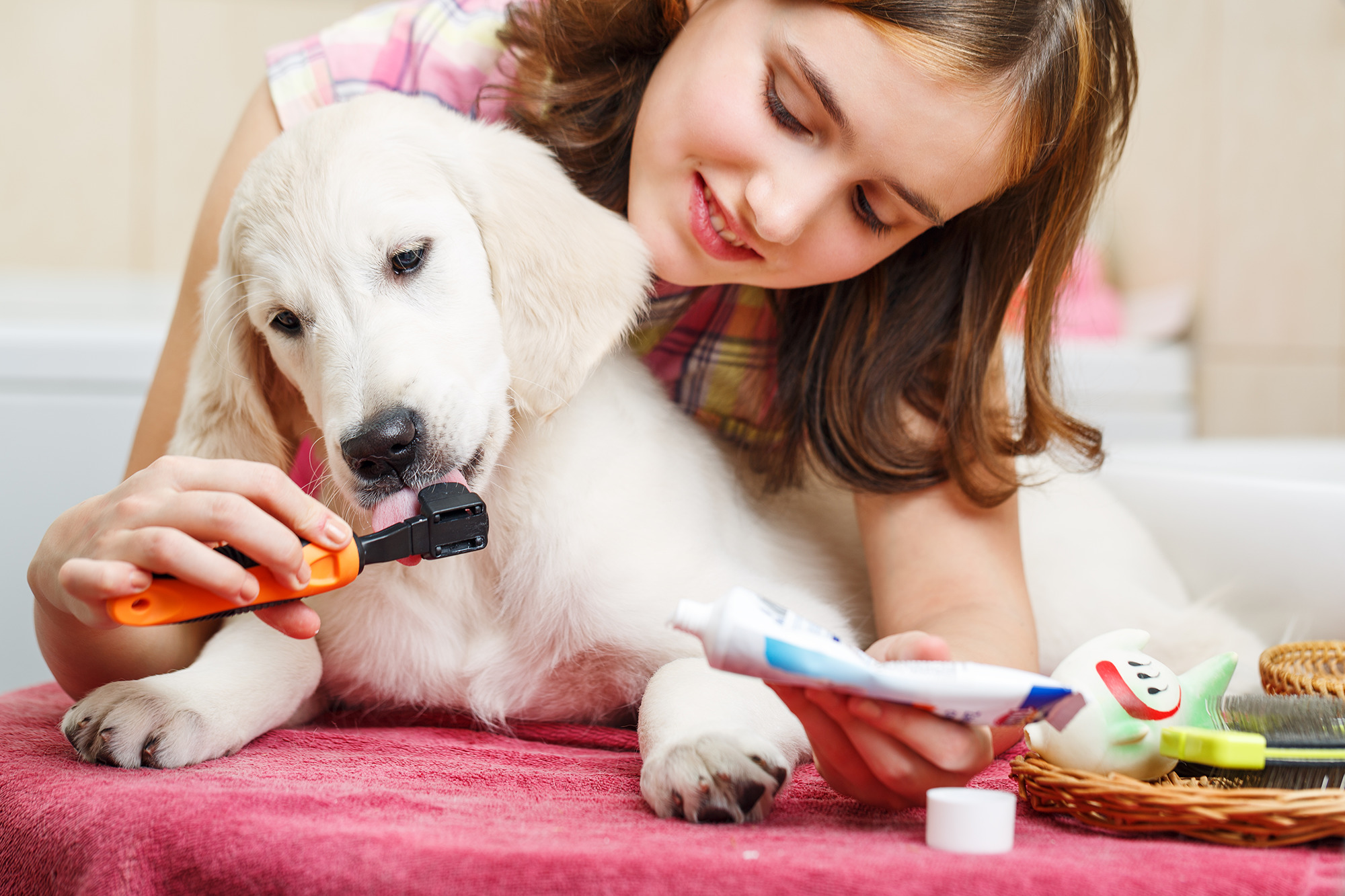
-
Teeth Brushing: Brush your dog's teeth regularly with a special toothbrush and toothpaste to prevent plaque, gum disease and bad breath. Gradually get your dog used to dental care.
6. Skin and coat health:
-
Nutrition: Feed your dog a balanced diet rich in essential fatty acids and nutrients to maintain healthy skin and coat. Consult your veterinarian for dietary recommendations if your dog has certain skin problems.
-
Supplements: Consider adding supplements such as omega-3 fatty acids to promote coat health and reduce hair loss, especially for breeds prone to dry skin or coat problems.
7. Professional Grooming:
-
Recommendations: Depending on your dog's breed and coat type, periodic professional grooming may be required for trimming, matting removal, or special treatments such as flea baths or medicated shampoos.
-
Veterinary Advice: Consult your veterinarian or professional groomer for advice on grooming techniques, products, and any specific concerns about your dog's coat or skin.






